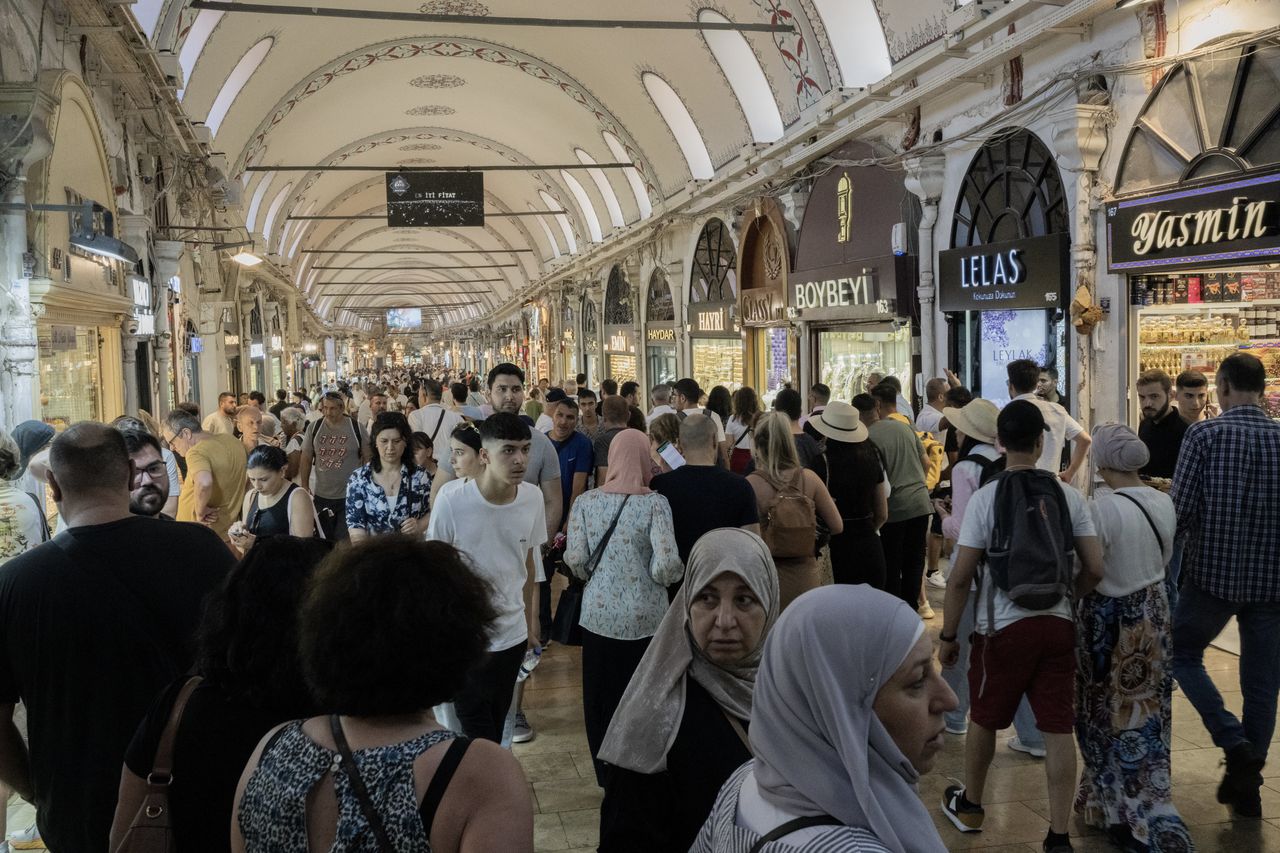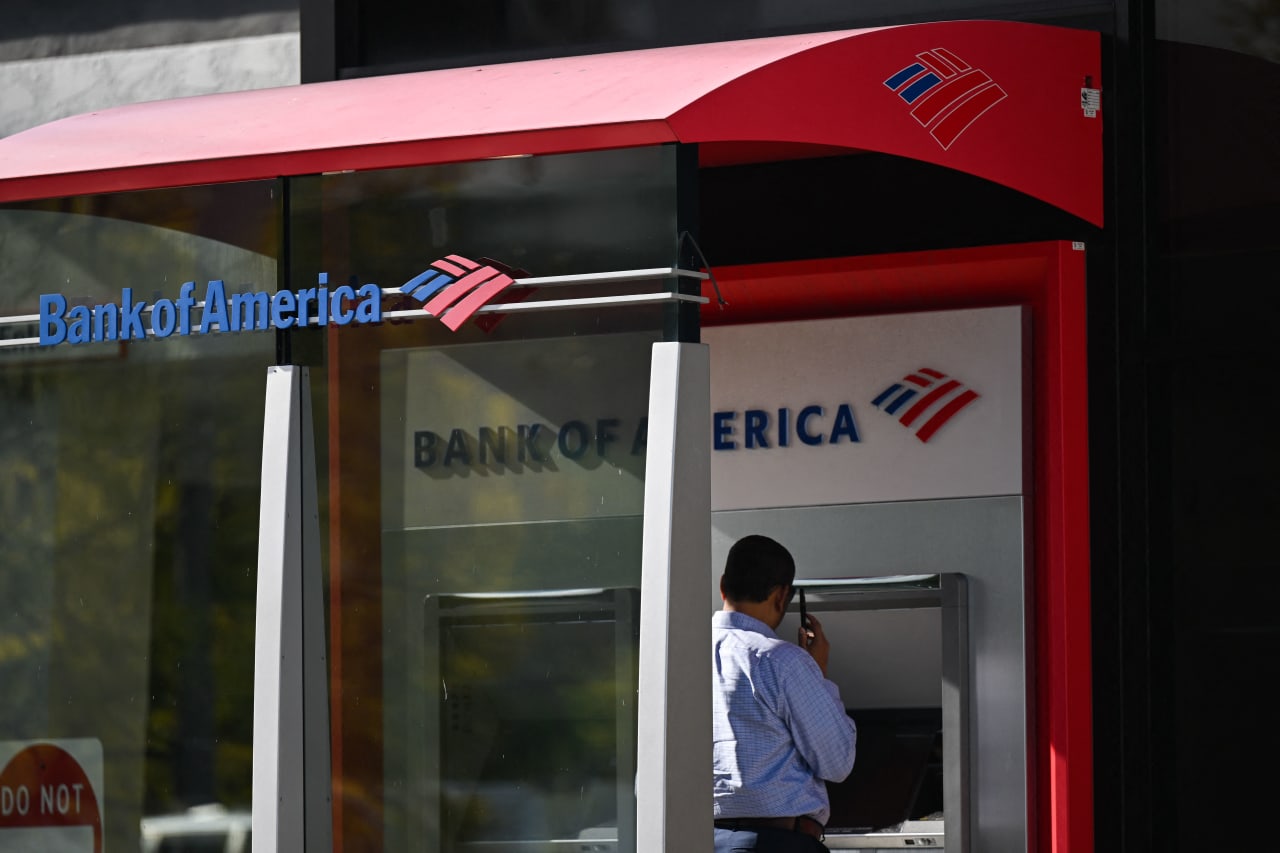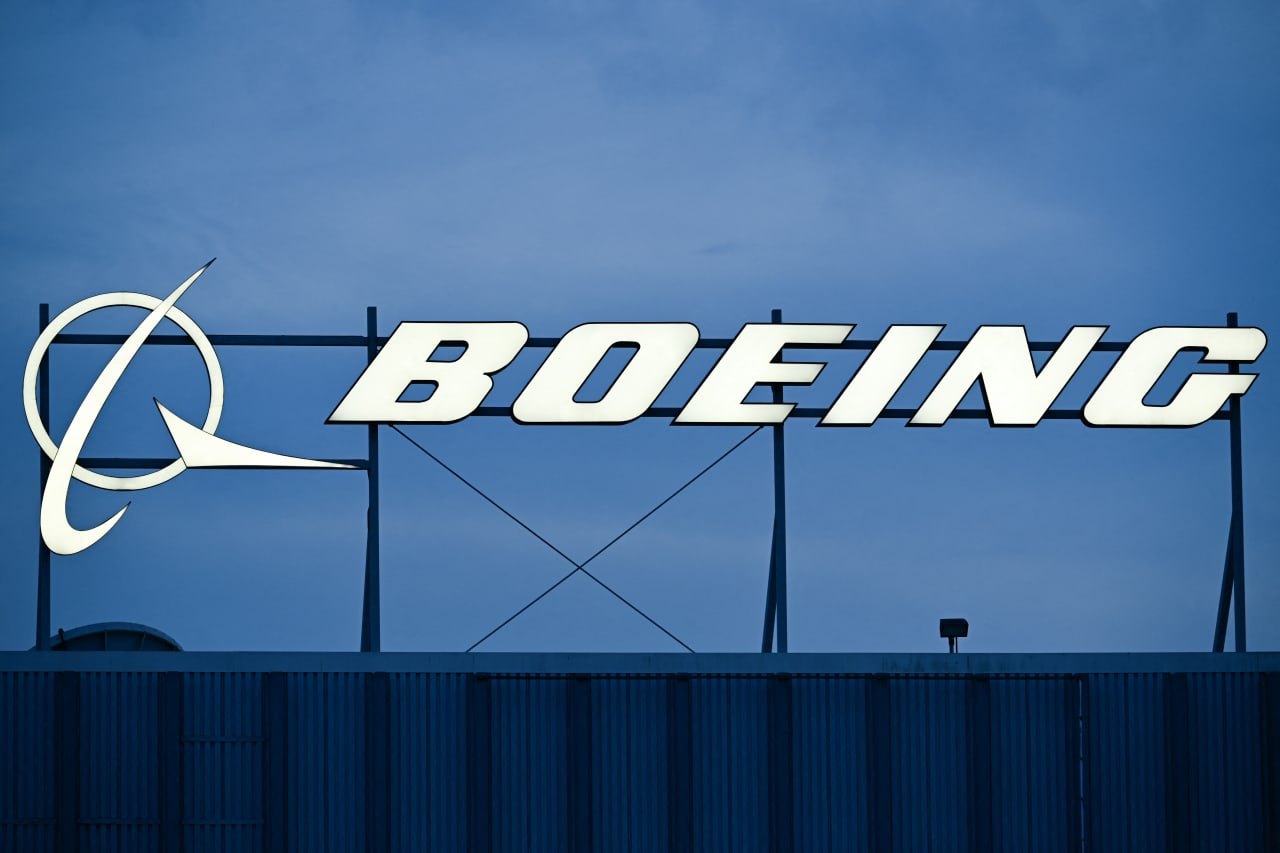In Istanbul’s Grand Bazaar, Demand for Gold and Dollars Soars
Turks are pouring money into foreign currency, jewellery and other assets as the lira weakens
ISTANBUL—Deep in the stone warren of Istanbul’s 560-year-old Grand Bazaar, a cluster of traders selling gold and dollars pace the alleyway, murmuring into phones and smoking. The tension rises as demand grows. A shout comes from the crowd: “I’ve got it ready!”
Turks are pouring money into foreign currency, gold, cryptocurrency, jewellery and other assets that they see as a safer bet than the Turkish lira, which has lost more than 80% of its value in the past five years.
“There’s an atmosphere of panic,” said Mustafa Demiray, 39, a currency trader standing on the edge of the crowd and clutching two phones. “People think the price [for dollars] will go up, so there’s a higher demand right now.”
The collapse of the lira is the result of an era of economic mismanagement by Turkish President Recep Tayyip Erdogan, economists say. The Turkish leader in recent years has pressured the central bank into cutting interest rates despite the country’s high rate of inflation—the opposite of what central banks would usually do.
Erdogan has attempted to adjust course since winning a close election in May in which his opponents attacked him over Turks’ purchasing power, with many people cutting back on meat, fish and even vegetables.
The country’s newly appointed central-bank governor, Hafize Gaye Erkan, and Finance Minister Mehmet Simsek have raised interest rates, but too slowly to get inflation under control, analysts say.
The Turkish lira continued to slide after the central bank’s July meeting, in which officials decided to raise interest rates by a mere 2.5 percentage points, a move that slowed the pace of the rate increases and put the lira under further pressure. The decision disappointed some economists and investors who hoped Simsek and Erkan would be more aggressive about tackling inflation.
Erkan on July 27 raised the bank’s year-end inflation forecast to 58% from 22.3%, while predicting that price increases would slow next year. Analysts said the upward revision was an acknowledgment that the bank’s current stance was unlikely to tame inflation, which is running at 38%.
Erkan said the bank would lift rates further, and would adopt a holistic approach to tackling inflation, including using other policy instruments such as quantitative tightening.
Investors and analysts are concerned that Erkan and Simsek don’t have a genuine mandate from Erdogan to do what is needed to stabilize the Turkish economy. Erkan pushed back on those questions on July 27.
“The central bank of the Republic of Turkey is an independent institution,” she said. “We will continue the increases in interest rates alongside the quantitative tightening alongside the selective credit tightening because that’s what the current situation demands.”
Turkey’s economic turmoil has put pressure on the traders at the Bazaar, who have played a central role in the economy since the vast covered marketplace was built during the days of the Ottoman Empire, more than five centuries ago. The small and midsize shops in the Bazaar are part of a sprawling global network of businesses and banks dealing in gold and currency.
Mehmet Akif Turker, a 44-year-old gold trader, sat in his office at the Bazaar on a recent morning, his phone and two slabs of gold on the desk in front of him. The high demand for gold should be good for his business, he explained, but the turmoil in the Turkish economy isn’t.
Turks and other traders must contend with a complex web of rules imposed by the government in recent years to scare up foreign currency and keep the country from tipping into insolvency. Those include a rule that forces businesses like Turker’s to convert 40% of their foreign-currency earnings into lira, traders say.
“In general, in our line of work, crisis makes money,” Turker said. “But when the dollar fluctuates so much and the market is so unstable, it can bring us profit or it can bring us losses. We are exhausted.”
Despite the government’s efforts to bring gold and other assets out from “under the mattresses” of the country’s citizens and into the financial system, Turks continue to pour money into precious metals, traders say. Industry groups estimate that between $200 billion and $300 billion worth of gold is in Turkish citizens’ private possession.
“We are a country that loves gold as a financial instrument,” said Ercan Doner, 39, who owns a shop selling gold coins and jewellery. “In order to stop their money from melting away in case of inflation, people are trying to make use of their gold investments by continuously buying and selling.”
Volatility in the economy isn’t the only driver of gold sales, vendors say. The pandemic also increased business, said Metin Kocatepe, 54, a salesman from another jewellery shop.
“After corona, people’s mentality changed. They’re more relaxed in their shopping. They say ‘maybe tomorrow I’m gonna die, I’ll buy something nice.’”
This stylish family home combines a classic palette and finishes with a flexible floorplan
Just 55 minutes from Sydney, make this your creative getaway located in the majestic Hawkesbury region.
When will Berkshire Hathaway stop selling Bank of America stock?
Berkshire began liquidating its big stake in the banking company in mid-July—and has already unloaded about 15% of its interest. The selling has been fairly aggressive and has totaled about $6 billion. (Berkshire still holds 883 million shares, an 11.3% interest worth $35 billion based on its most recent filing on Aug. 30.)
The selling has prompted speculation about when CEO Warren Buffett, who oversees Berkshire’s $300 billion equity portfolio, will stop. The sales have depressed Bank of America stock, which has underperformed peers since Berkshire began its sell program. The stock closed down 0.9% Thursday at $40.14.
It’s possible that Berkshire will stop selling when the stake drops to 700 million shares. Taxes and history would be the reasons why.
Berkshire accumulated its Bank of America stake in two stages—and at vastly different prices. Berkshire’s initial stake came in 2017 , when it swapped $5 billion of Bank of America preferred stock for 700 million shares of common stock via warrants it received as part of the original preferred investment in 2011.
Berkshire got a sweet deal in that 2011 transaction. At the time, Bank of America was looking for a Buffett imprimatur—and the bank’s stock price was weak and under $10 a share.
Berkshire paid about $7 a share for that initial stake of 700 million common shares. The rest of the Berkshire stake, more than 300 million shares, was mostly purchased in 2018 at around $30 a share.
With Bank of America stock currently trading around $40, Berkshire faces a high tax burden from selling shares from the original stake of 700 million shares, given the low cost basis, and a much lighter tax hit from unloading the rest. Berkshire is subject to corporate taxes—an estimated 25% including local taxes—on gains on any sales of stock. The tax bite is stark.
Berkshire might own $2 to $3 a share in taxes on sales of high-cost stock and $8 a share on low-cost stock purchased for $7 a share.
New York tax expert Robert Willens says corporations, like individuals, can specify the particular lots when they sell stock with multiple cost levels.
“If stock is held in the custody of a broker, an adequate identification is made if the taxpayer specifies to the broker having custody of the stock the particular stock to be sold and, within a reasonable time thereafter, confirmation of such specification is set forth in a written document from the broker,” Willens told Barron’s in an email.
He assumes that Berkshire will identify the high-cost Bank of America stock for the recent sales to minimize its tax liability.
If sellers don’t specify, they generally are subject to “first in, first out,” or FIFO, accounting, meaning that the stock bought first would be subject to any tax on gains.
Buffett tends to be tax-averse—and that may prompt him to keep the original stake of 700 million shares. He could also mull any loyalty he may feel toward Bank of America CEO Brian Moynihan , whom Buffett has praised in the past.
Another reason for Berkshire to hold Bank of America is that it’s the company’s only big equity holding among traditional banks after selling shares of U.S. Bancorp , Bank of New York Mellon , JPMorgan Chase , and Wells Fargo in recent years.
Buffett, however, often eliminates stock holdings after he begins selling them down, as he did with the other bank stocks. Berkshire does retain a smaller stake of about $3 billion in Citigroup.
There could be a new filing on sales of Bank of America stock by Berkshire on Thursday evening. It has been three business days since the last one.
Berkshire must file within two business days of any sales of Bank of America stock since it owns more than 10%. The conglomerate will need to get its stake under about 777 million shares, about 100 million below the current level, before it can avoid the two-day filing rule.
It should be said that taxes haven’t deterred Buffett from selling over half of Berkshire’s stake in Apple this year—an estimated $85 billion or more of stock. Barron’s has estimated that Berkshire may owe $15 billion on the bulk of the sales that occurred in the second quarter.
Berkshire now holds 400 million shares of Apple and Barron’s has argued that Buffett may be finished reducing the Apple stake at that round number, which is the same number of shares that Berkshire has held in Coca-Cola for more than two decades.
Buffett may like round numbers—and 700 million could be just the right figure for Bank of America.
This stylish family home combines a classic palette and finishes with a flexible floorplan
Just 55 minutes from Sydney, make this your creative getaway located in the majestic Hawkesbury region.

















